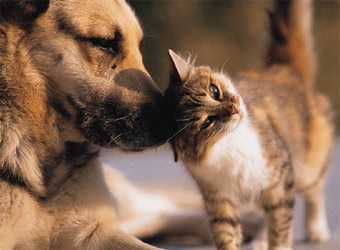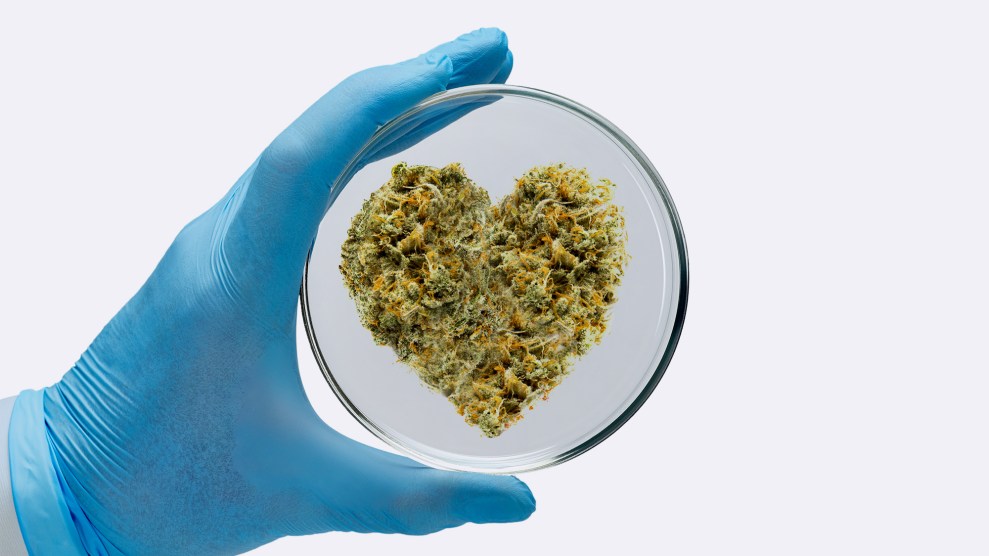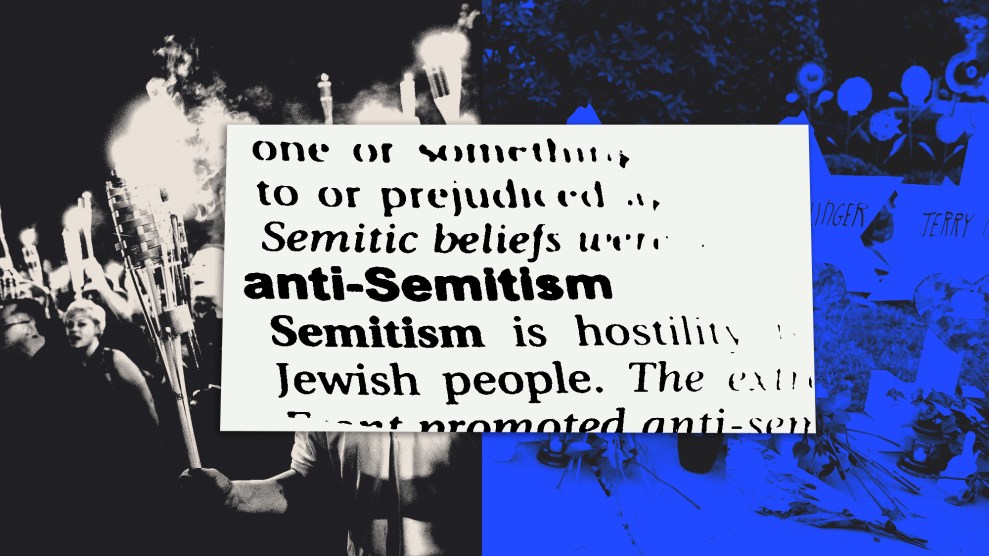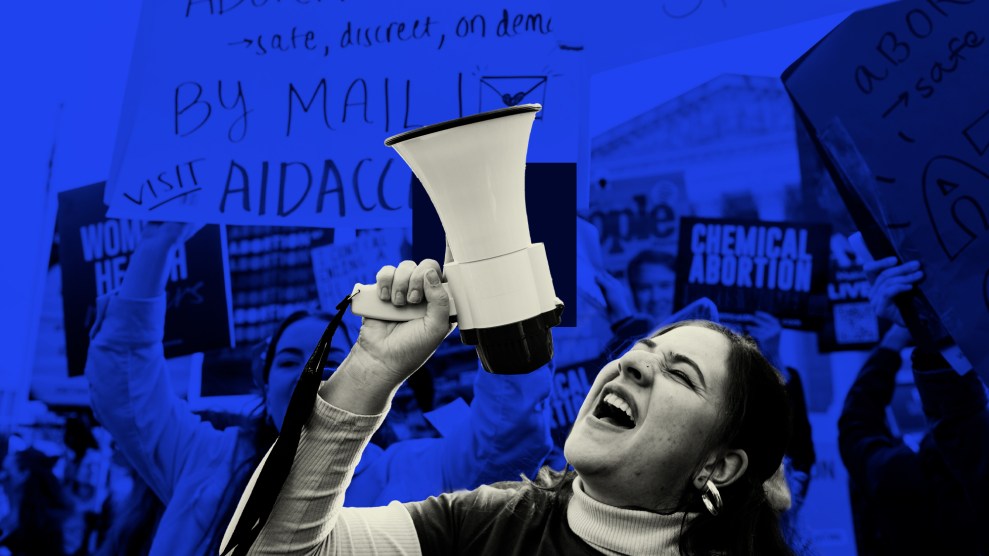
back-of-the-napkin calculations based on a University of California-Berkeley study suggest that on average, feeding Fido creates 596 lbs of CO2 emissions a year, versus about 517 lbs for Fluffy’s kibble. Size matters: According to a 2006 National Academies study, a Saint Bernard needs 12 times as much food as a cat, meaning greater energy use and more emissions; Chihuahuas are daintier eaters, and thus greener pets. A weekly 10-mile ride to the off-leash park produces about 400 lbs of carbon per year—the equivalent of feeding a whole extra cat. But (sorry, catbloggers) felines have flaws, too. They kill songbirds, and litter pellets, often made with strip-mined clay, add some 3.4 million tons of solid waste a year to US landfills. The biggest problem? Pet owners: We spend $1.8 billion each year on dog toys, often imported and/or made of plastic. Cats have to make do with $1 billion worth of catnip and rubber mice.















